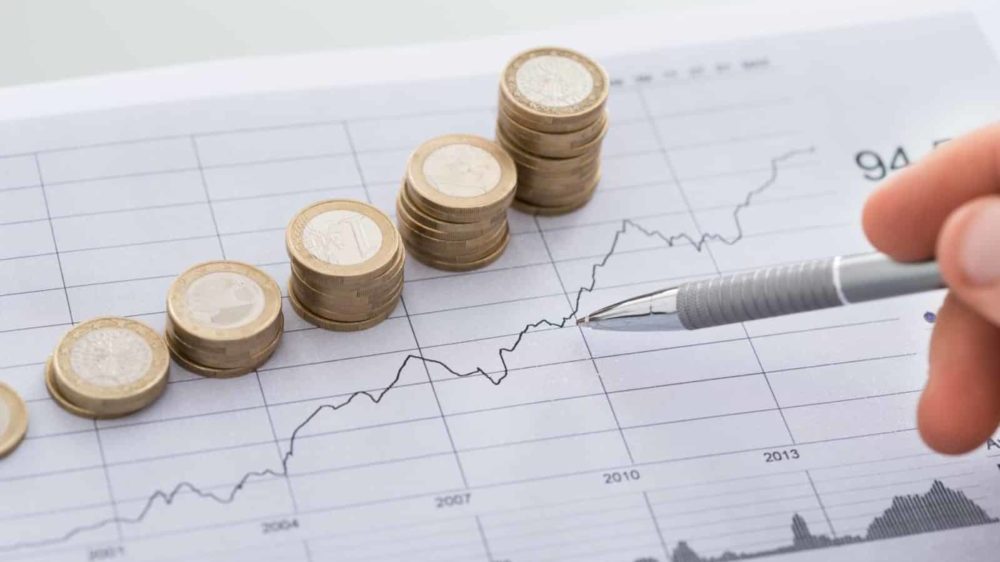
Pakistan’s consumer inflation, which is measured through the Consumer Price Index (CPI), inched down to 12.63% compared to November 2018, based on the new base year (2015-16).
According to data compiled by the Pakistan Bureau of Statistics, the CPI inflation was down by a minimal 0.3% as compared to December’s 2019 rise of 1.3%. On a month-on-month basis (December vs November), food prices went down, lowering the overall national inflation in December as food accounts for 35% of the basket.
It is worth mentioning that IMF had lowered its inflation projection for FY2020 to 11.8%, down from 13% earlier on account of administrative and energy tariff adjustments which are expected to offset the effects of weak domestic demand. Thereafter, inflation is expected to converge to 5-7%. The report confirms that inflation has started to stabilize along with core inflation, and SBP’s stance is appropriate as well.
However, the ministry of finance is of the view that it will do better than the IMF’s projection. As inflation during Jul-Nov was 10.8% and after taking the necessary measures, it can be brought down to 5% over the medium term.
Overall inflation had been recorded at 10.8% in first five months (Jul-Nov) of the current fiscal year 2019-20. The half-year average inflation is at 11.1%. This is almost twice as high as the same period last year.
Prices of food items that saw a decrease in prices were:
Prices of food items that were increased included:
Top commodities which increased in prices from the previous year i.e. December 2018 (YoY basis) included:
Non-food commodities that witnessed an increase in prices included:
CPI inflation urban increased 12 percent in December 2019 compared to an increase of 12.1 percent in the previous month and 5.9 percent in December 2018. It decreased 0.4 percent in December 2019 compared to an increase of 1 percent in the previous month and a decrease of 0.3 percent in December 2018.
CPI inflation rural increased 13.6 percent in December 2019 compared to an increase of 13.6 percent in the previous month and 4.6 percent in December 2018. It decreased 0.3 percent in December 2019 compared to an increase of 1.9 percent in the previous month and a decrease of 0.3 percent in December 2018.
Sensitive price index (SPI) – a better barometer for poor inflation, inched down to 18.1 percent in Dec-19 from 20.2 percent in Nov-19.